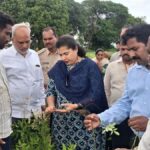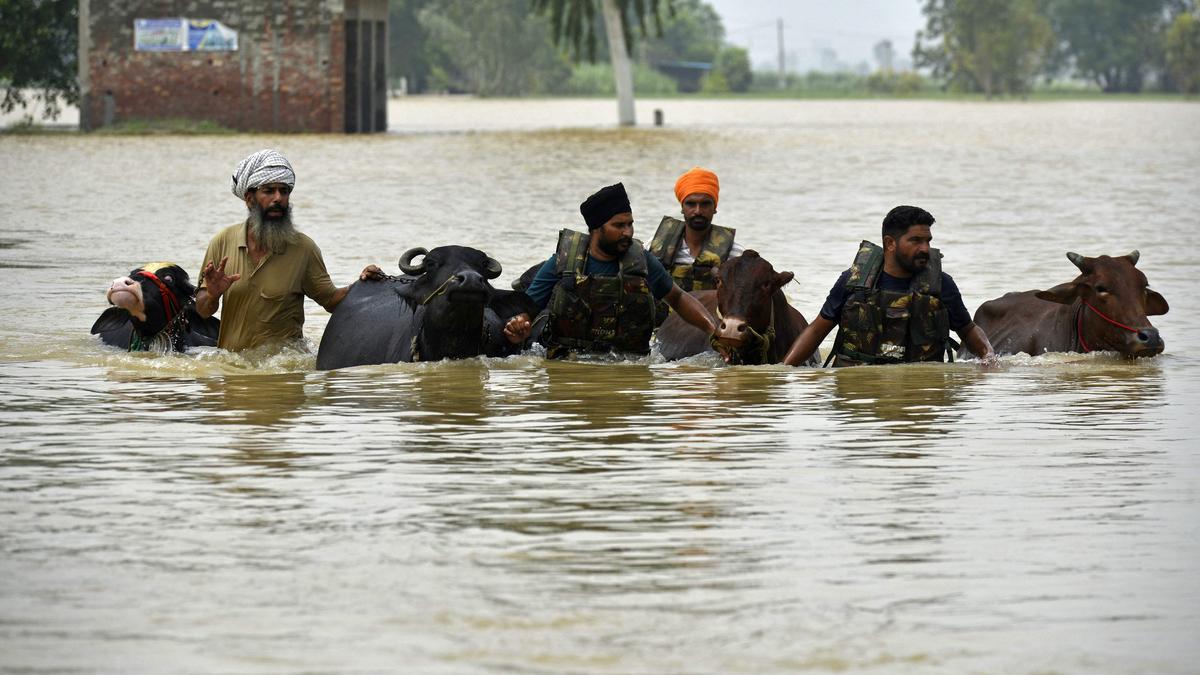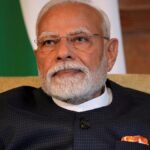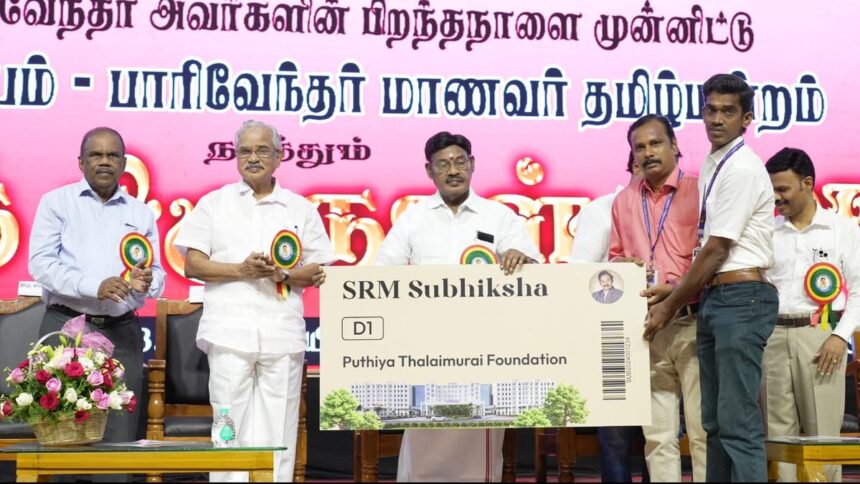
Local men along with Indian Army personnel rescue their cattle through the flooded waters of the Beas river at Mand village in the Kapurthala district of Punjab.
| Photo Credit: AFP
There is a stark gap between students’ lived experiences of climate catastrophes and the climate change taught in schools, especially in vulnerable regions of India, according to a recent report.
The report titled ‘Towards Quality Climate Change Education For All,’ by academicians Ruchira Das and Ranjana Das, claimed that the policies on environment and climate science within the National Education Policy (NEP) 2020 and the National Curriculum Framework (NCF) 2023 are not successfully implemented.
“Climate change is no longer an appropriate term for us to use; we are in a climate emergency”, said Justin Matthew, Associate Professor of History, University of Delhi, who attended a seminar on the report.
It was also highlighted that there was a disproportionate impact on women, labour classes and tribal and rural populations from climate change. “The Global South lacks climate adaptive infrastructure and coping strategies, making the need for climate education even more necessary,” said Anand Singh, regional director for ‘Education International: Asia-Pacific’.
Citing her experience, Huma Masood from UNESCO, said the 2023 Kerala floods were an example of how climate events displace populations.
Jyoti Dalal and Krishna Menon, faculty members at DU, stated that the market-driven nature of modern education was a barrier to successful policy development and implementation in the country.
They also highlighted how the lack of input by disadvantaged groups and women in educational policies has a significant impact on the efficiency of the policies.
Published – August 30, 2025 12:34 am IST




















